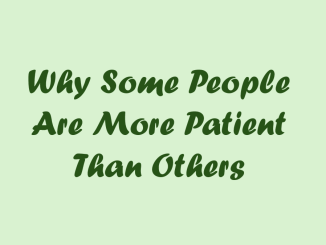We speak a lot about cycles in Counselling, particularly the cycles that we can find ourselves in, but sometimes are mostly unaware of.
Cycles that sort of sneak up on us, or are so ingrained in us that we don’t know any other way to be and to live.
One of the most common behaviour cycles that I see in my clients is the three-step – self-sacrifice, become exhausted, and then act in a destructive way cycle.
This cycle is where a person (normally someone you could categorize as a kind and sensitive soul) tries to solve their problems and challenges by doing more.
This means making more sacrifices, choosing to be increasingly uncomfortable, and forgetting their own self-worth and self-care in the process of (maybe) achieving the thing or things that they want.
The other side of that cycle is when the person, finally exhausted, and feeling frustrated, disappointed and let down, acts counter to the kind and sensitive person that the world (and they themselves) sees them as being.
This then can lead to the person feeling poorly about themselves, beating themselves up, and they set out on a path of making everything better…by, you guessed it, a whole new round of self-sacrificing behaviours.
The cycle starts all over again…again!
I cannot understate just how important it is that we try and break these cycles. Here’s some further evidence as to why we sometimes need to say “No”, and why we have to look after ourselves better.
Researchers have just found that when we are tired our whole emotional functioning is negatively affected.
The American Psychological Association synthesized more than 50 years of research on sleep deprivation and mood and found that when the more than 5,000 study participants experienced poor sleep or lost sleep this resulted in fewer positive emotions such as joy, happiness, and contentment.
They also experienced increased anxiety symptoms such as a rapid heart rate and increased worrying.
So, being well-rested (where possible) is a bedrock of better mental health. The study also shows, again, that we need to work within our realities.
Our reality is that when we push it all too far there is going to be a knock-on affect that not only takes a toll how we feel and function, but can flow on to many parts of our life, including our relationships.



